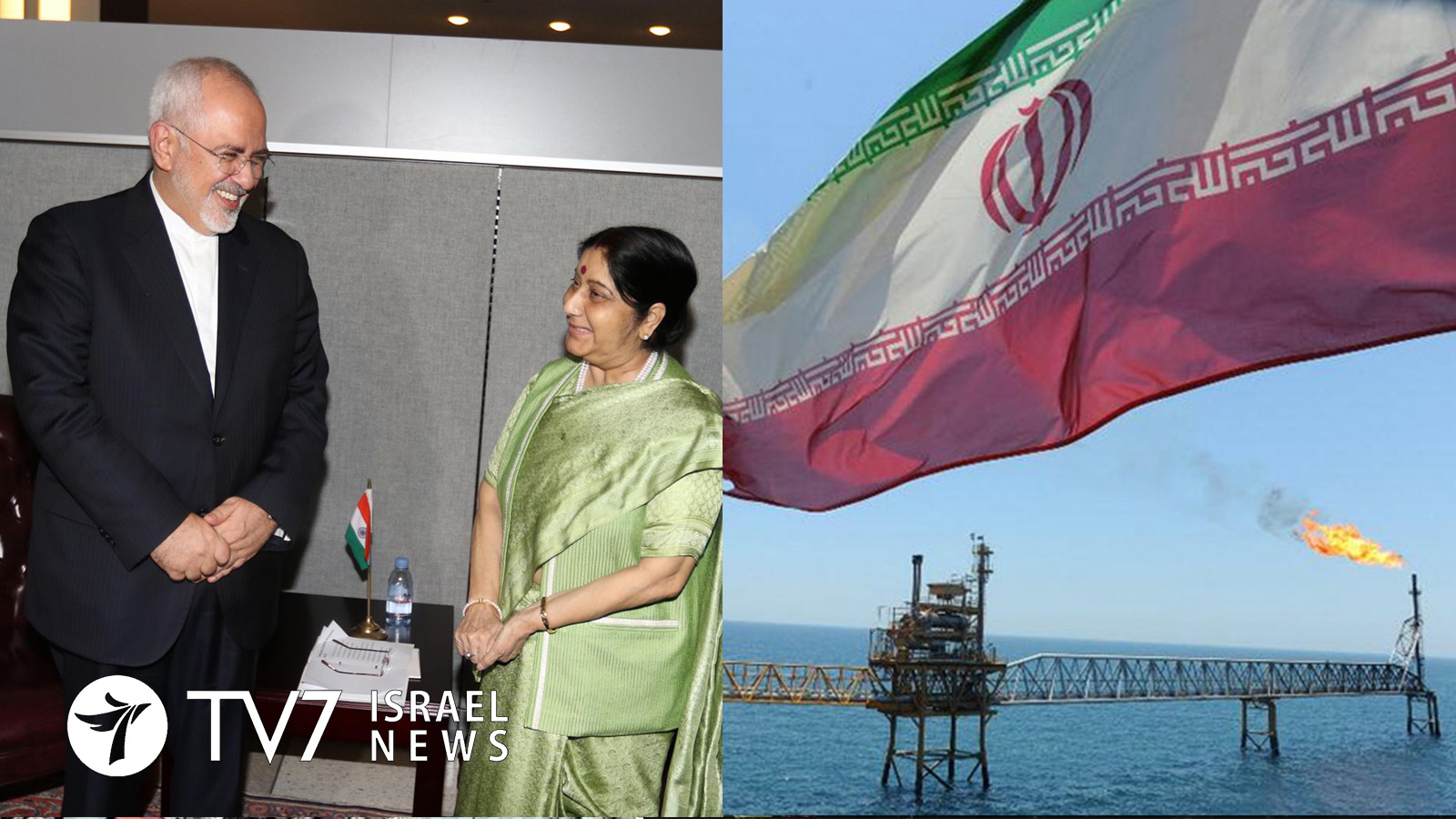Iranian Foreign Minister Mohammad Javad Zarif announced that India has committed to continue economic cooperation with Iran, inclusive of oil import, despite significant pressure from the United States. According to Zarif, “Our Indian friends have always been categorical in terms of their intention to continue economic cooperation and imports of oil from Iran and I heard the same statement today from my (Indian) counterpart. We have great interest in expanding our bilateral relations with India not only, in the economic field but in other fields. We have good cooperation in the area of shipping and transportation, the Indian presence in Chabahar is very important.” If India follows through on its plan to continue oil import from the Islamic Republic, the United States may have no other choice but to place sanctions on the companies involved in the crude-oil procurement and transfer. Although India received an exemption from Iran-related sanctions under the Obama Administration, the Trump Administration will likely discontinue this policy in accordance with current U.S. aspirations to lower Tehran’s oil exports to zero by the 4th of November.
While President Trump underscored his administration’s policy of showing zero tolerance towards violators of the U.S. nuclear-related sanctions against the Islamic Republic; during a security council meeting headed by the American leader, Russian Foreign Minister Sergei Lavrov asserted that Moscow, together with Beijing and the European Union, will continue efforts to preserve the nuclear agreement. The Russian Foreign Minister stated that “Since we’re talking about NPT, I’d like to mention resolution 2231, which was approved by the Security Council and which is a Joint Comprehensive Plan of Action on the Iran nuclear program. The unilateral withdrawal of the United States from this creates a serious threat for the nonproliferation regime, all the more so since, as this was underscored by many, Tehran is strictly abiding by its commitments within JCPOA. And this is something that the IAEA is regularly confirming. Russia is convinced that we need to keep JCPOA and this is something that we’re actively working on together with Iran, China and the EU. Otherwise if we don’t do that, we can end up with a situation where there is more tension in the Middle East and this could lead to risks for national instability and for the non-proliferation regime. The dismantlement of JCPOA would also be counterproductive also for the efforts underway now to denuclearize the Korean peninsula. These efforts are something that we welcome and support.” According to several European diplomats, the goal is to create a barter system, similar to the one used by the Soviet Union during the Cold War, to exchange Iranian oil for European goods without money changing hands. Therefore, circumventing the U.S. sanctions, which dictate that any bank that facilitates an oil transaction with the Islamic Republic can be cut off from the American financial system. According to the European Union’s top diplomat, the decision to set up such a mechanize had already been taken and technical experts are scheduled to meet in the near future to hammer out the details. Nevertheless, other officials and analysts have voiced ridicule over the European measure, reasoning that such a system could easily be thwarted by the U.S. through amending these sanction laws to prohibit such barter transactions.
